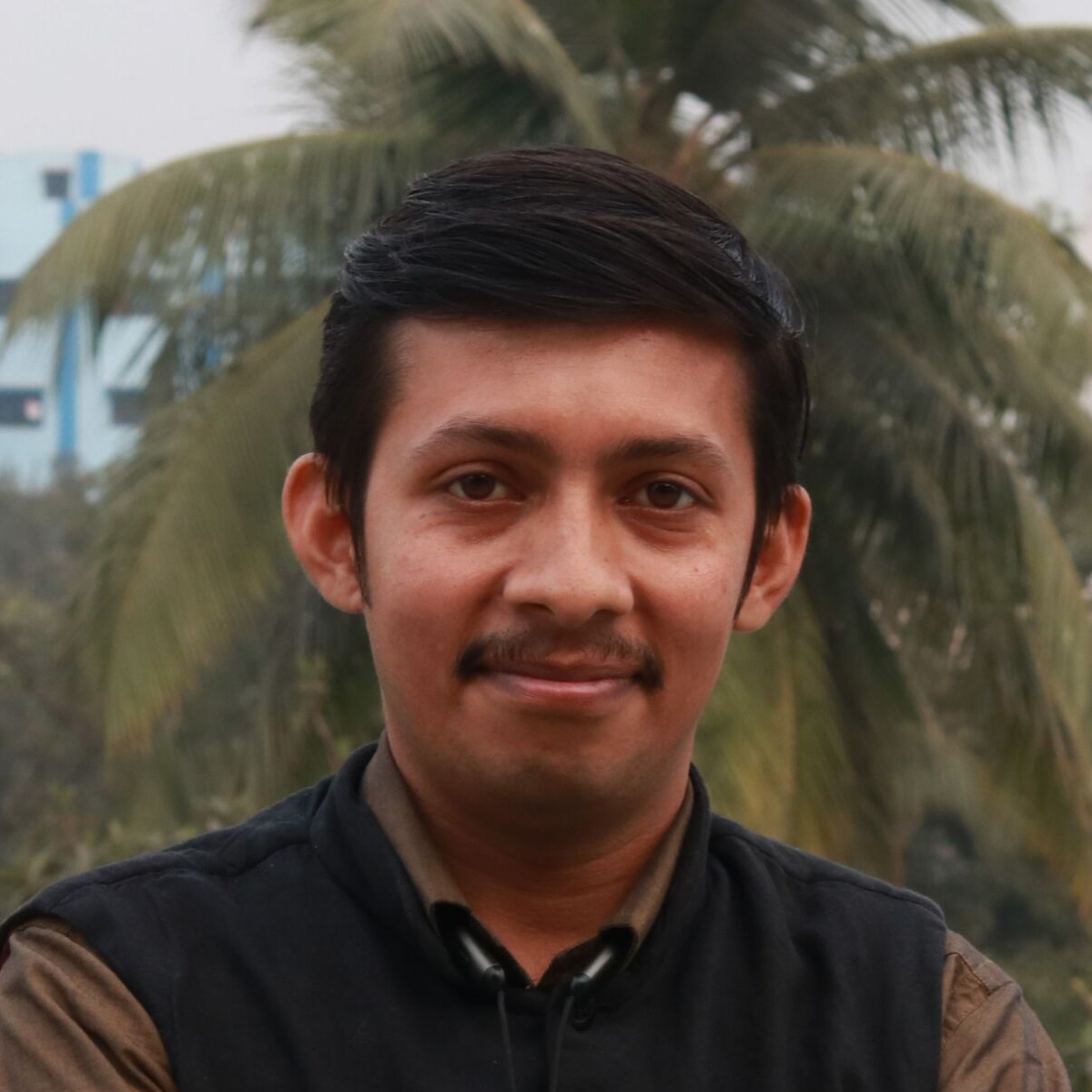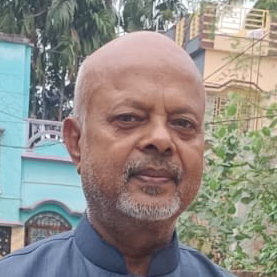Our Board
Meet the RISE Board
The great minds which keep our organization well oiled, well networked and forever expanding.
SANJU PAL
Trustee
Sanju is a passionate Bangali whose life's work is underpinned by social justice. From humble beginnings on a Camden council estate, whilst growing up in London, she remained connected with her Bangali roots through annual visits to her paternal post-Partition ancestral home in Bengal. Sanju has a First Class BSc (Hons) degree in Mathematics and completed the Teach First graduate programme, where she gained Qualified Teacher Status; she is a case study in the book ‘Success Against the Odds’ by Teach First Founder Brett Wigdortz OBE. During her time teaching Maths at Mulberry School for Girls in East London, Sanju created an award-winning social enterprise project that led her to founding RISE. Sanju managed RISE whilst working full-time as a management consultant at Accenture for a decade. There she won the UK Asian Women of Achievement Award and was profiled in ‘Inspirational Women in Business’ by the Department for Business, Innovation and Skills. Sanju met Her Late Majesty the Queen at Buckingham Palace for the ‘Youth, Education and the Commonwealth’ reception, which honoured education activists from across the globe. She has been invited to 10 Downing Street and received the Prime Minister’s Points of Light Award for her work with RISE. Sanju is a member of the global Teach for All community, the diverse voices of which she promotes on her podcast ‘Something for the Soul’ to inspire anyone, at any age, to be a social innovator. She recently completed an MA Law degree with Distinction and is campaigning for the fair treatment of women with endometriosis in the workplace. Sanju writes poetry, plays the violin and is a former singer in the House Gospel Choir. She is also a co-founder of The Bangali Story, bold conversations that encourage authenticity, amplify unheard voices and reimaginate the story of Bangalis in Britain.
PIAL BANERJEE
Trustee
Pial is a purpose-driven development leader with over 14 years of experience in climate action, youth skilling, and child rights. He was instrumental in the launch of RISE’s pilot Shekhar Akangsha (Yearn to Learn) literacy programme in 2011. Pial began his career working with tribal communities to keep girls in school and later led fundraising for projects supporting trafficking survivors, HIV-positive children, and rural education. Holding a Master’s in Social Work and Commerce, Pial combines strong academic grounding with field insight. Since 2018, he has served as Deputy General Manager at SwitchON Foundation, where he designs data-driven project control and Monitoring & Evaluation systems while guiding clean energy, climate resilience, and livelihood programs across multiple states. He also leads the flagship Skills & Just Transition program, training students from marginalised and underprivileged backgrounds in green jobs and supporting their placement in the renewable energy sector. Known for his fast execution and collaborative style, Pial empowers teams through structured delegation and clear communication, blending grassroots experience with strategic leadership to drive lasting social impact.
SUBRATA CHATTERJEE
Trustee
Subrata Chattopadhyay, M.Sc., B.Ed., M.Phil, is an education leader with over 35 years of experience in teaching and academic administration. As Principal of Krishnagar Academy, he has championed innovative and student-focused learning, inspiring both teachers and young minds to thrive. It was during this time that he generously supported the launch of RISE’s Shekhar Akangsha (Yearn to Learn) literacy programme in 2011, by providing the Academy as the venue for classes. Passionate about improving how children learn, Subrata has presented research on national and international platforms, including IIT Delhi, IIT Madras, and the University of Hull, UK. He is the sole Life Member of The Association of Schools for the Indian School Certificate (WB & NE Chapter) and the founder and President of Krishnagar B.Ed. College in Nadia, West Bengal. Currently, Mr Chatterjee is exploring the psychological and behavioural patterns of Indian school children to make learning more effective and meaningful.


